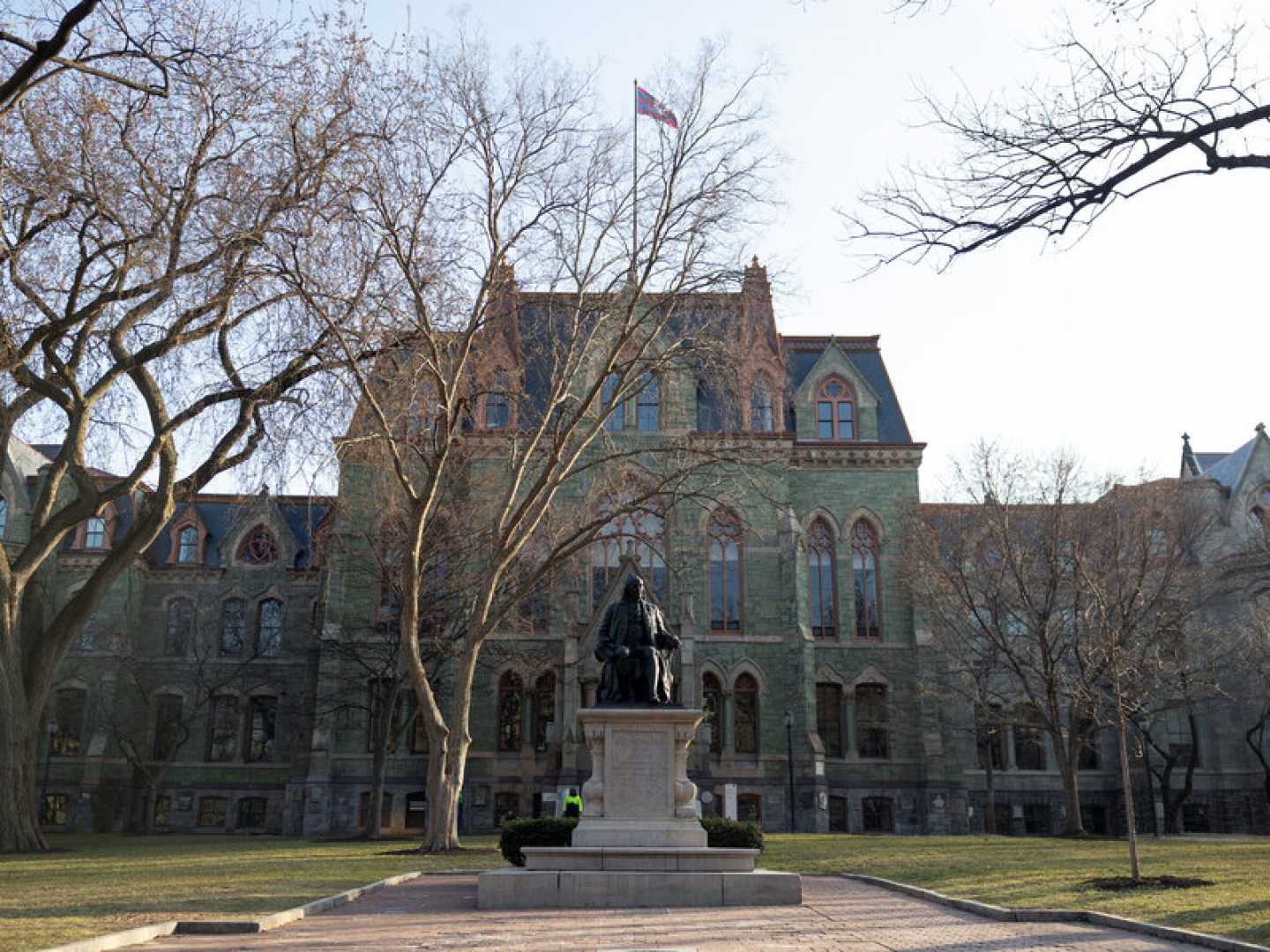News
U.S. Cuts $175 Million in Funding to University of Pennsylvania Over Transgender Sports Policy

PHILADELPHIA, Pa. — The Trump administration announced it is cutting $175 million in federal funding to the University of Pennsylvania, citing the university’s policies that allow transgender women to compete in women’s sports. This funding cut comes as a direct response to the controversial participation of Lia Thomas, a transgender athlete who competed on the women’s swimming team.
According to a senior White House official, the decision was taken as part of a broader effort to review discretionary funding streams for universities that support policies deemed contrary to current federal guidelines. The email statement referenced Thomas’s competition in women’s events, which has drawn criticism and sparked debates about fairness in athletics.
“UPenn infamously permitted a male to compete on its women’s swimming team, overturning multiple records hard-earned by women, and granting the fully intact male access to the locker room,” the official stated, underscoring the administration’s position on the issue. Thomas gained national attention after achieving significant victories at the 2022 NCAA Swimming and Diving Championships, where she won the 500-meter freestyle.
The Education Department has initiated a Title IX investigation into the situation, but the White House insists that the funding freeze is not a direct result of that inquiry. Title IX of the Education Amendments of 1972 prohibits sex discrimination in education but has become contentious in recent years regarding its interpretation as it relates to transgender athletes.
A spokesperson for the University of Pennsylvania responded on Wednesday, stating that the school has not received any formal notice regarding the funding cut. “We have always followed NCAA and conference policies regarding student participation on athletic teams and are in full compliance with the recent changes to the NCAA rules,” said the Penn official, emphasizing the university’s commitment to adhering to governing guidelines.
The National Collegiate Athletic Association (NCAA) previously allowed transgender athletes to compete in alignment with their gender identity, a policy further shaped by recent executive orders from the Trump administration. The NCAA revised its rules in response to these directives—a move that has sparked a broader national debate about transgender rights in sports.
City Councilmember Jamie Gauthier criticized the funding cut, asserting that it targets the LGBTQ community under the guise of policy enforcement. “These funds have nothing to do with transgender student athletes — this is nothing more than a hollow pretext to target our community,” Gauthier said. She expressed concern that the funding freeze could jeopardize jobs, educational programs, and vital research initiatives.
Penn currently holds 21 active contracts and 596 active grants with the Department of Defense and the Department of Health and Human Services, with total federal support reaching hundreds of millions of dollars. However, it remains unclear which specific programs will be impacted by the funding freeze.
The largest grant from HHS to the university is valued at around $54.1 million for the Center For AIDS Research at the Perelman School of Medicine. Penn’s leadership is now facing significant uncertainty regarding funding stability and the potential ramifications on ongoing research projects.
Jameson reiterated the university’s position, noting that Penn has been compliant with NCAA guidelines and advocates for a respectful dialogue concerning federal funding and research initiatives. As the situation develops, university officials are expected to engage with federal representatives to clarify funding issues and the administration’s rationale behind the cuts.












